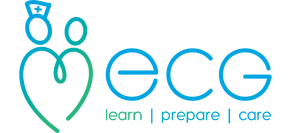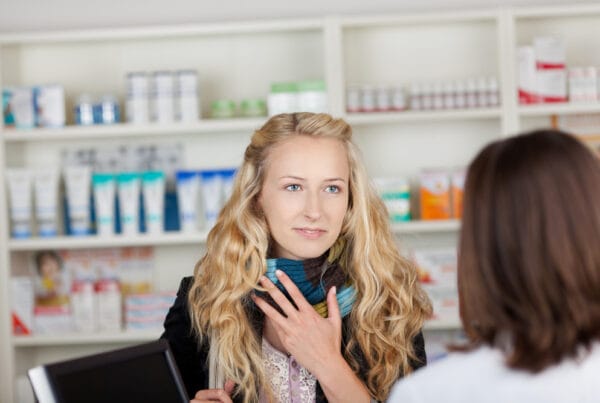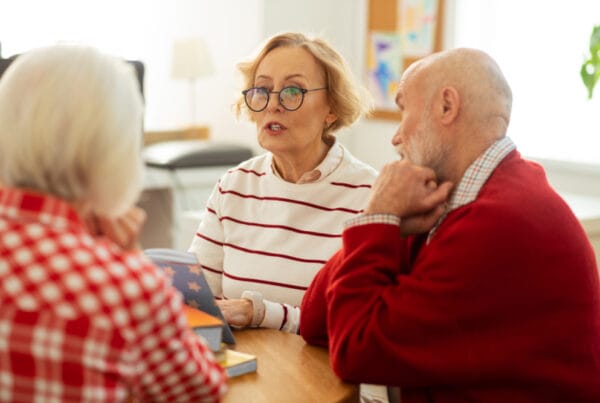Since the start of the Covid -19 pandemic the importance of having good mental health/mental wellbeing has been highlighted; but what does this mean? Pause for a moment and think about how you, personally, would define these terms.
I’m sure many people would agree that this is not an easy thing to define because there are so many variables that can impact on our individual mental health/wellbeing, and these will vary from day to day – even from hour to hour.

The World Health Organization (WHO) defines mental health as:
“Mental health is not just the absence of mental disorder. It is defined as a state of well-being in which every individual realizes his or her own potential, can cope with the normal stresses of life, can work productively and fruitfully, and is able to make a contribution to her or his community.”(1)
Mental wellbeing does not have one standard meaning, but it is often used to describe feelings, our ability to cope with daily life and our aspirations/plans for the future and is closely linked to mental health as defined by WHO. It’s important to remember that neither mental health, or wellbeing, are static.
A good way to consider them is as a continuum (2), with being well at one end and unwell at the other – with no ‘absolutes’ in between! Anyone can move along the scale/s (in either direction) depending on their circumstances.

No one is immune from mental illness – but simple things can be done to protect yourself, especially during these unprecedented times.
Evidence suggests there are 5 simple steps we can take to improve our mental health and wellbeing (3, 4):
- Connect with other people.
- Be physically active.
- Learn new skills.
- Give to others.
- Pay attention to the present moment (mindfulness).
These are described further in the table below.
| DO… | DON’T… | ||
| 1. | Connect with other people. Good relationships with other people can support a sense of belonging and self-worth; provide opportunities for sharing (good and bad experiences), provide emotional support. | Where possible – take time each day to be with people you live with or care about. Keep in touch with family/friends who you cannot see. Telephone or write a letter. Find someone you trust to share any worries or concerns with. There is plenty of support available (visit www.nhs.uk/oneyou/every-mind-matters for more information). | Get caught up in relying on technology or social media. Ignore your own need to share any worries or concerns. |
| 2. | Be physically active. Keeps you physically fit and helps maintain self-esteem. | Identify what you can realistically do (and will enjoy) in line with current Covid-19 restrictions. It’s best to find activities that you enjoy and make them a part of your life. Just a 10 minute walk every day can make a positive difference but, if you are able to, consider completing the ‘couch to 5K’. If possible, stand up and walk around whilst on the phone. | Think that you have spend hours ‘working out’ or preparing to run in a marathon. Forget that dancing, gardening, playing with your children/grandchildren are all forms of exercise. |
| 3. | Learn new skills (or re-visit a previous skill). This will boost self-esteem, help build a sense of purpose and connect with others. | There are so many things to consider! Find something you enjoy and make it part of your life. E.g. Cooking. DIY project at home. New responsibility at work. Learning a new language, or how to use sign language. Painting. Craft work. | Feel that you have to achieve any academic qualifications. Feel that you have to be perfect in learning a new skill. |
| 4. | Give to others. Being kind creates a positive feeling, self-worth, and sense of reward. | Small acts of kindness mean a lot (e.g. making someone else a cup of coffee/tea; complimenting people you live or work with). Say ‘thank you’ when someone does something for you. Asking how colleagues/friends/family are feeling and really listening to the answer. | Forget to be kind yourself too. |
| 5. | Take notice of the present moment (mindfulness). Be aware of the present moment – your thoughts feelings and the environment around you. This is known as ‘mindfulness’. This can help you enjoy life more and understand yourself better. It can positively change the way you feel and how you approach challenges. | Take time to stop for 5 minutes every day and just listen (inside or outside). Really concentrate on what you can hear – people talking, radio, birds, traffic, rain, wind etc etc. If you’re outside, look up at the clouds and appreciate their uniqueness. Think of three things every day that made you smile. Stop for a few seconds during your day; take a deep breath in, briefly pause, then breathe out slowly. Remember – you can only do your best with whatever you have today. | Think that you have to sit and meditate for long periods of time to gain any benefit. Forget that some things are outside of your control – so only focus on things you can change. |
If you like short reminders, this summary may help:
The five P’s
PEOPLE – Connect with other people.
PHYSICAL – Be physically active.
PRACTICAL – Learn new skills.
PROVIDE – Give to others.
PAY – Pay attention to the present moment (mindfulness).
Remember:
- Only attempt what feels comfortable.
- Give yourself time to work out what is right for you, always go at your own pace and give yourself permission to take small steps.
- Start with one or two things that feel achievable at first, before moving on to try other ideas.
- ALWAYS talk to someone you trust if you have any worries or concerns.
You can find out more from:
- NHS www.nhs.uk/oneyou/every-mind-matters
- Mind website. www.mind.org.uk
References:
- World Health Organization (2019). Mental Health: strengthening our response. Geneva.
- Tudor, K (1996). Mental Health Promotion: Paradigms and Practice. Routledge, Abingdon, Oxon.
- Aked, A. Marks, N. et al. (2019). Five steps to mental wellbeing. Department of Health, London.
- New Economics Foundation (2008). Five Ways to Wellbeing: Communicating the evidence.
Written by Sue Putman. BSc (Hons); Dip HE; RGN; RMN, Thursday 11th March 2021

